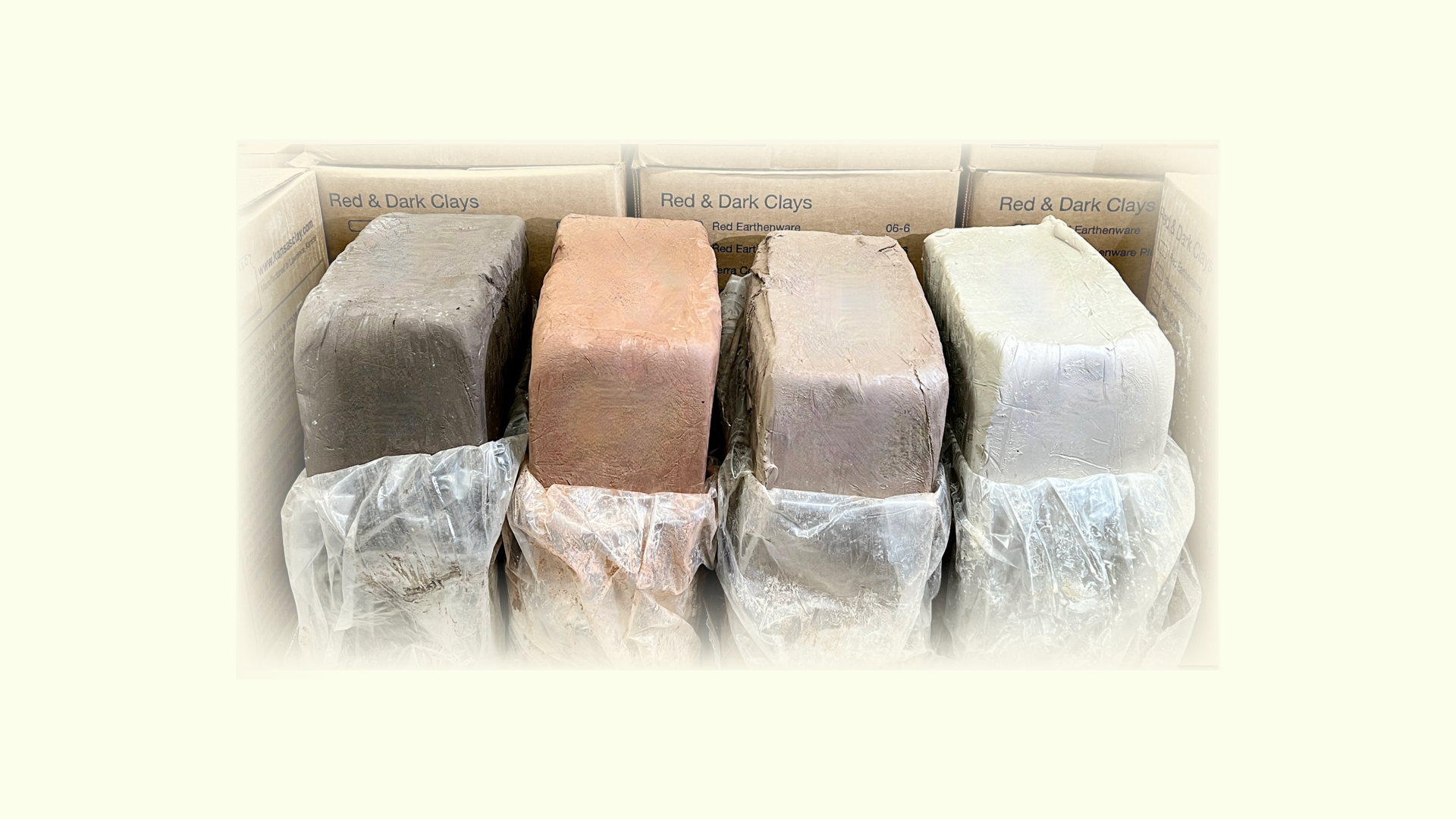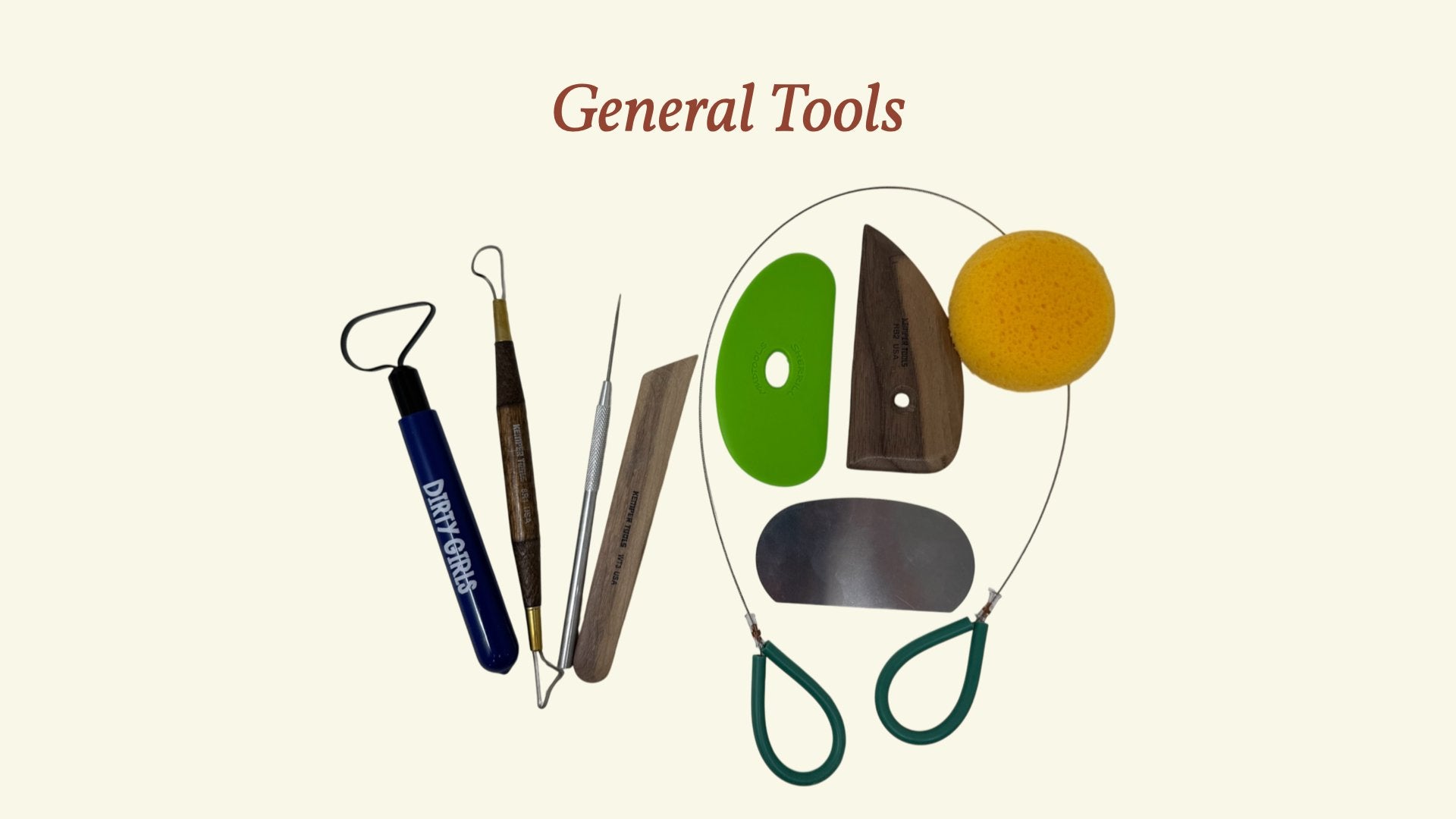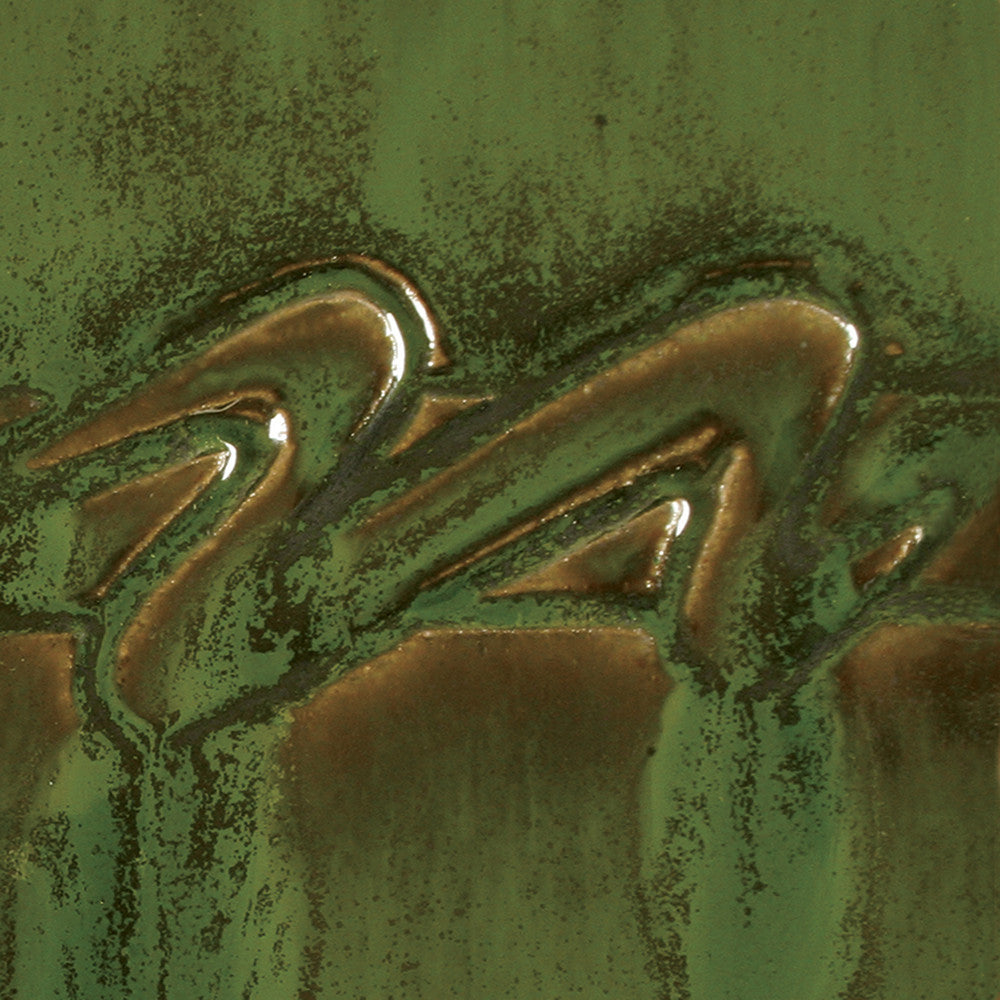send a message
these get looked at by the whole staff, so whatever you need, we've got you!
e-mail us
Click here to email us
We respond to email in a few minutes to a few hours during the business day.
Visit in Lawrence KS
We're only about 40 minutes from most parts of KC, located right off of I-70
Call Us
Answered by real employees during business hours as much as possible.










